Algeria: a history of economic incapacity
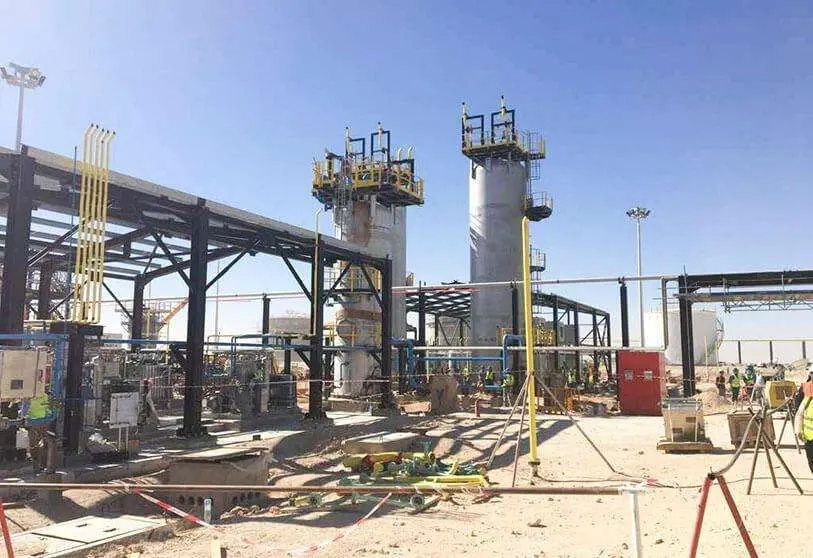
The whole of Europe has its eyes on Algeria. The possibility of reducing several European countries' dependence on Russian gas puts Algeria in the middle of the geopolitical chessboard. But is it really ready to take advantage of this economic demand?
The Russian invasion of Ukraine has had major consequences for European energy supplies. Heavy dependence on Russian gas has prompted the Kremlin to tighten the strings by demanding payment in roubles for supplies. Refusal has meant immediate gas cut-offs, as Bulgaria, Poland, Finland and now the Netherlands and Denmark have already experienced.
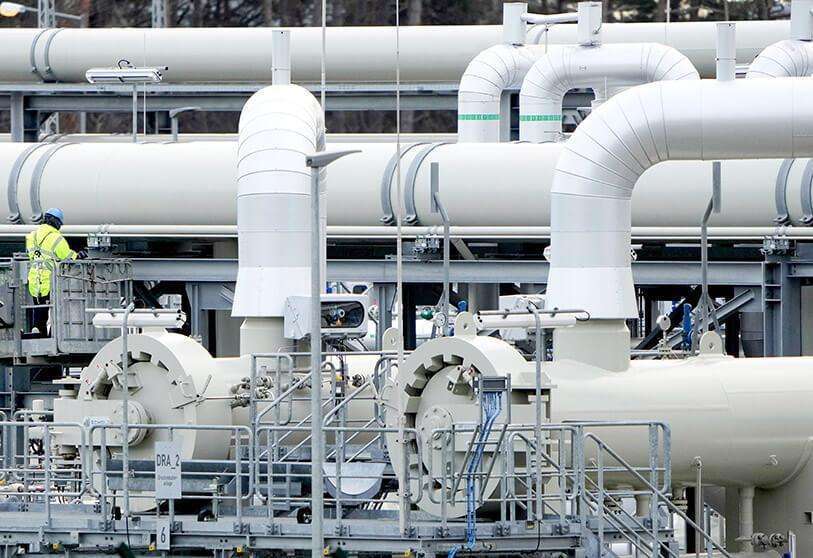
This lack of supply has led many countries to start looking for alternatives on the other side of the Mediterranean that can make up for the cut-off of the Russian tap. In this regard, Algeria is emerging as the favourite for many governments. The North African country is the third largest exporter of natural gas to Europe, providing 8% of the market share through direct pipelines to Italy and the Iberian Peninsula. In addition, it also supplies Liquefied Natural Gas (LNG) to France, Belgium, the United Kingdom, Greece and Turkey.
In this regard, Italy has already agreed with Algeria to increase its gas purchases by 40% in order to reduce its dependence on Russia. This opportunity to meet the gas demand of the rest of Europe will depend on the Algerian government to build a long-term strategy. However, policy towards the state-owned Sonatrach has a history of failure.
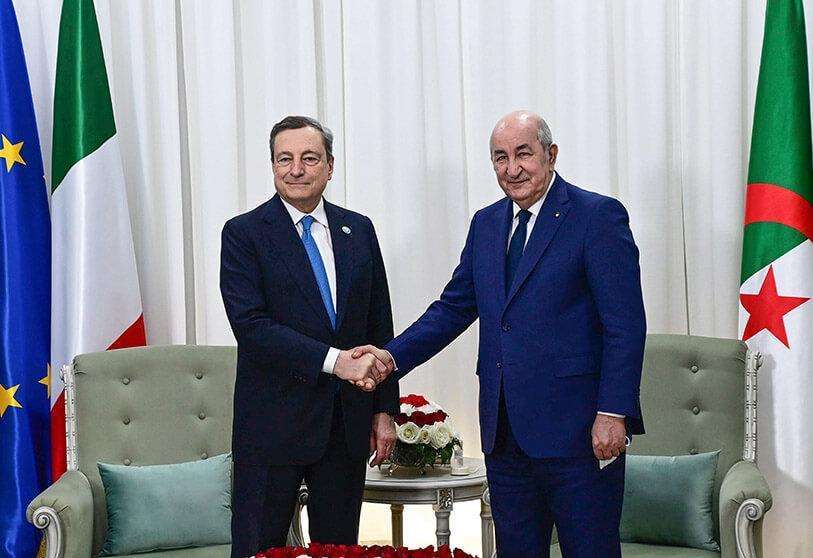
Former President Chadli Bendjedid tried to move towards further liberalisation by making economic and political reforms as early as 1988, but the rise of the Islamic Salvation Front and the outbreak of Algeria's civil war in 1991 prevented them from being implemented. Indeed, any attempt to liberalise the economy is predicated on the impossibility of engaging the middle classes in the debate on building a private sector. The impact of reform in the energy sector will be limited in the absence of a fundamental reorganisation of Algeria's power structure.
Earlier, the government of Abdelaziz Bouteflika was also unable to embark on such a path towards liberalisation. The strategy pursued by Energy Minister Chakib Khelil in 2010, who was very close to Dick Cheney, then US vice-president and founder of Halliburton, failed to liberalise the economic sector due to opposition from several parties. They considered Bouteflika responsible for 'selling oil to US interests'.
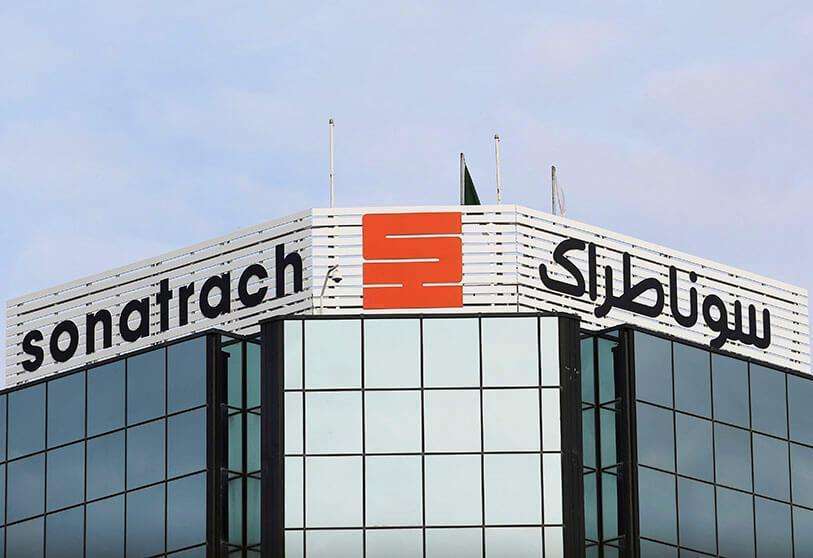
The inability to liberalise a sector that provides 97% of Algeria's foreign revenues and two thirds of its budget revenues is taking its toll on Sonatrach's own monopoly. In this regard, its regasification plants abroad have been scaled down and its strategies for trading its gas internationally have deteriorated, depriving it of the current high prices.
Moreover, the beginning of the COVID-19 pandemic delayed the response of international companies to the foreign investment liberalisation law enacted in December 2019. Except for the initiative of Italy's national hydrocarbons agency, Eni, which signed a new cooperation agreement with Sonatrach, the Algerian initiative did not receive much interest from international companies.
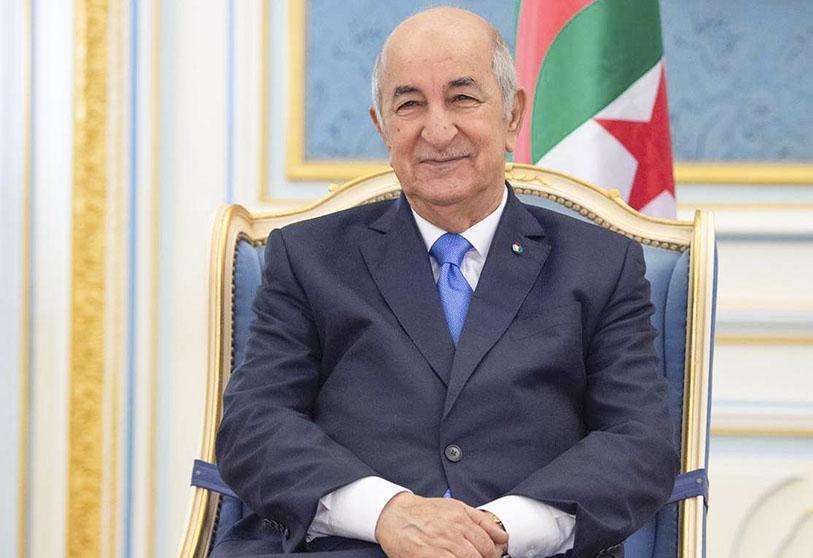
The luck of Algeria's gas policy was not the same as that of countries such as China, South Korea and Turkey, which were economically successful in allowing large companies to integrate into the global market.
In this sense, many economists have blamed Algeria's ruling elites for not knowing how to make the leap to liberalisation and the further increase in Algerian gas contracts. These experts believe that 'Algeria has only blame itself if it fails to meet the historic challenge and misses the unique opportunity to strengthen its cooperation in the field of energy and industry with Europe'.








